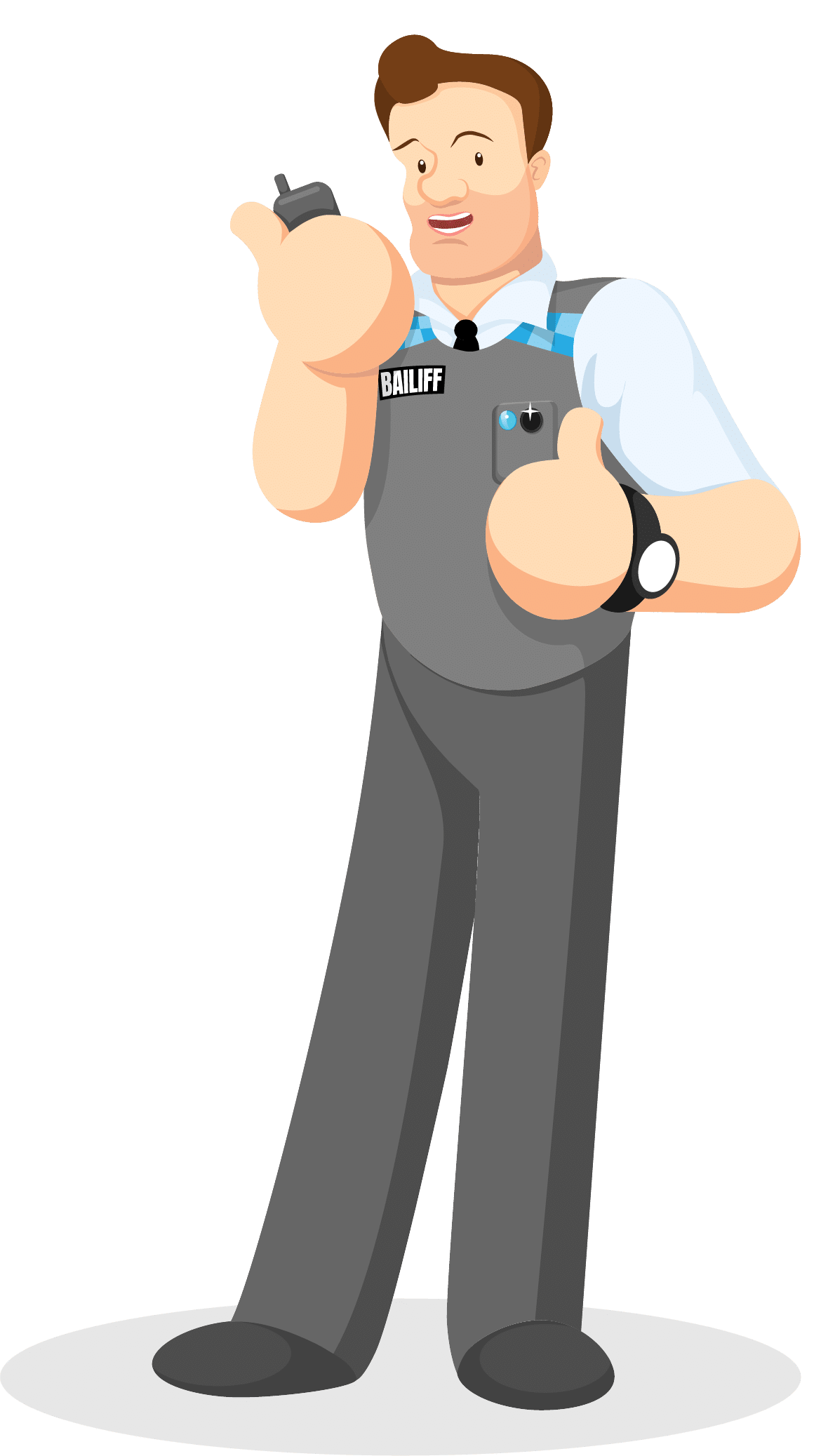Student Loans Debt Help & Advice
If you are in a situation where you cannot afford to access higher education, student loans are a very good way to pay for tuition and other costs related to your university studies.
One important aspect of student loans you need to consider is the current updated law which required you to pay back the loan only when your salary reaches a certain level. Be careful though, it is important to not forget that you have to repay at some point so planning in advance might save you from potential financial trouble.
When and how is the students’ loan paid?
The current threshold for paying your student debt is the amount of £17,495 in income per year. The moment you reach this wage level you will have to pay 9% of any amount higher than the threshold to repay the loan for your studies.
The payments for your student loans are usually made directly from your monthly salary or income. Whether you are employed or self-employed the bill for the loan will come after paying your national insurance and income taxes. This is why it might feel like a heavy bill sometimes.
An issue of concern when it comes to paying your loan is that sometimes although your annual income is not above the threshold set by the law you might receive a higher payment on a specific month of the year which will set you above the limit and result in the activation of the student loan bill.
Penalties for not paying the student loan bills
Serious financial trouble can arise from not paying your student loan in time. Based on the contract made with the loan provider they have the right to increase the monthly payments or even force you to pay off the loan at once if you fail to pay your bills on their due dates.
It is very much possible that an increase of the monthly installment will make your loan payment unaffordable for you and make it even harder for you to pay it off.
How to manage the student loan bills successfully
Because the amount for the loan is taken directly from your salary you might find it hard to keep the payments under control. For this reason, you need to take some extra steps to ensure that things are running smoothly.
To begin with, make sure to check your bank statements to see if you are being charged fairly for your loan bill. If for any reason you notice that you are being overcharged then make sure to get in touch with both your bank (for any hidden fees) and the loan provider.
It is easier to lose track of payments when you are self-employed or are a young entrepreneur. Make sure to calculate your student loan installment in your budget and plan for it in advance. Also, make sure to check if your monthly or annual income is above the threshold mentioned
above. A professional accountant or advisor might help you in this case especially when it comes to paying the right amount for taxes, insurance, and loans.
Many young professionals and entrepreneurs are struggling with getting out of student debt nowadays. Although the money guaranteed you an education now that you have to repay you might find it hard to make ends meet. In that case make sure to contact one of our advisors, who will guide through the best ways to deal with your debt and any other financial issues.








